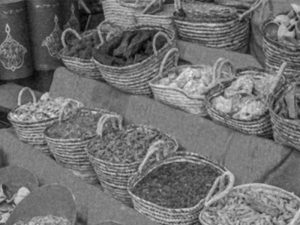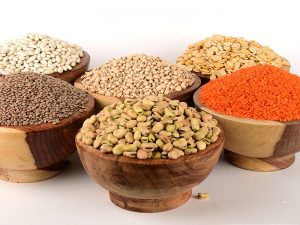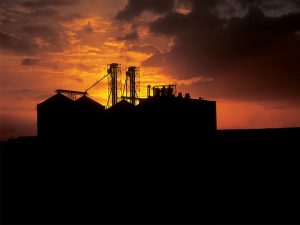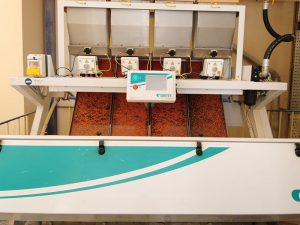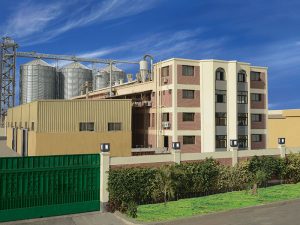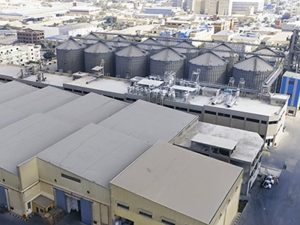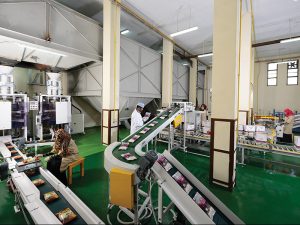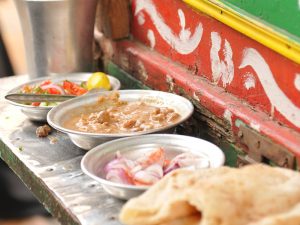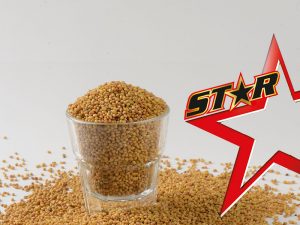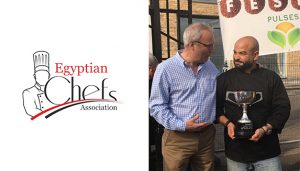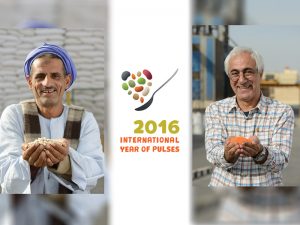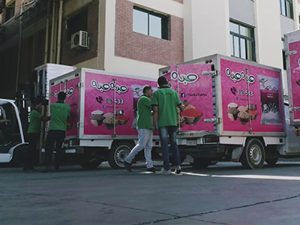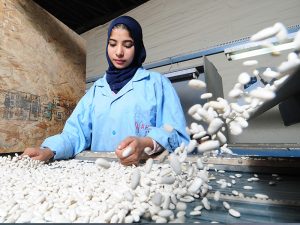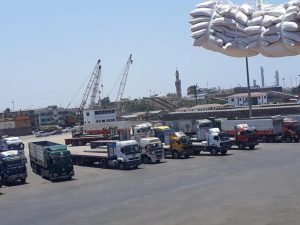
- 1979
- 1982
- 2001
- 2001
- 2002
- 2006
- 2007
- 2008
- 2009
- 2010
- 2015
- 2016
- 2017
- 2018
- 2019
1983
Mufaddal in Arabic means “the preferred.” With its innate belief on becoming “the preferred,” Mufaddal justified it’s name by becoming the preferred trading house and partner for scores of international suppliers and customers, by gaining their trust and confidence.
This was attained by remaining humble to market volatilities and changing trends, hence ensuring that we remain small enough to be customer oriented, yet are large enough to stay competitive and provide security to our customers, suppliers and employees.
2001
In 2001, Mufaddal sensed the need to elevate its business platform, and commit to quality by developing and integrating it’s supply chain, and therefore Wahba for Food Industries began it’s operations on the outskirts of Cairo, as an in-house processing plant dedicated exclusively for the splitting and grading of pulses, cereals and grains.
2001
The creation of the company’s flagship brand “Habba Habba”
Habba Habba:
grain grain (English)
حبه حبه (Arabic)
tane tane (Turkish)1. noun. a small hard seed, especially the seed of food plants such as beans, lentils or rice. 2. analogy. the physical composition of something especially with respect to size. 3. philosophy. the philosophy upon which our company conducts it’s business, places it’s values, and delivers it’s commitments.
2008
In 2008, we added Hanalico for Food Industries, a modern rice mill equipped with the finest machinery for rice processing. Only the finest paddy sourced from Kafr el Sheikh, Bahaira and Sharqiya, which is then cleaned, milled, colour sorted polished and packed under the supervision of highly skilled technicians and engineers.
2009
Mufaddal believes strongly that through its brand “Habba Habba” it can promote the consumption of pulses and grains in the region – since pulses have a low glycemic index, are affordable, nutritious and healthy, and are flexible enough to be used in appetizers, salads, casseroles, main courses, and even desserts.
2015
Mufaddal becomes the platinum sponsor of the Egyptian Chef’s Association and starts to collaborate to increase awareness of pulse benefits and versatility. Through this channel, Chef Moustafa El Refaey, as our ambassador and representing Egypt, won the Best Falafel award at London Falafel Festival in the UK.


